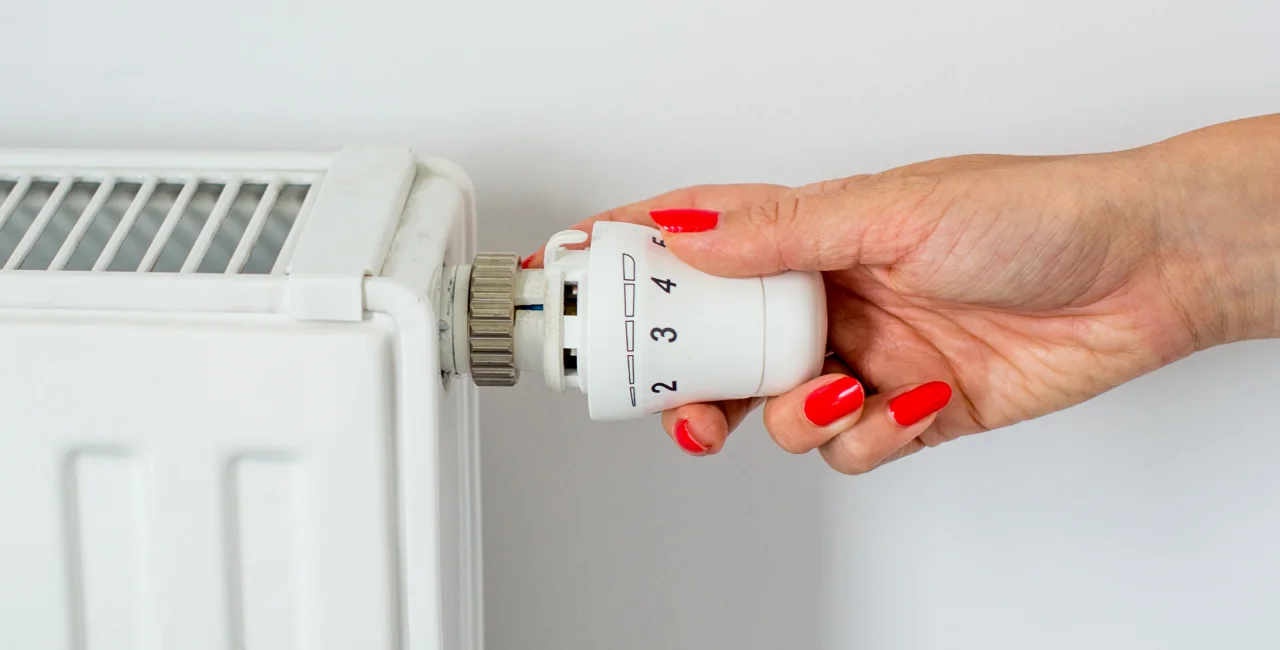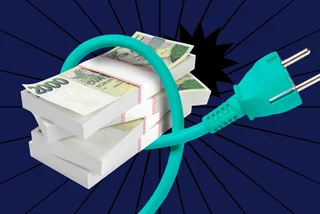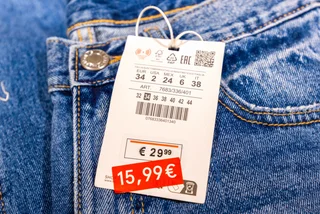Nearly 2 million households in Czechia are now receiving their annual district heating bills—and many are in for a surprise. With the 2024 heating season over, many people are finding they overpaid—mainly due to high advance payments set back in 2022, when energy prices spiked. Experts are therefore urging the public to check their bills carefully.
“Sensible housing managers adjusted deposits,” says Martin Hanák from the Association of Czech Housing Cooperatives. “But some landlords and property managers didn’t, and kept rates at 2022 or 2023 levels.”
PARTNER ARTICLE
Here’s how to look out for overpayments, and actions you can take.
Be sure to check your readings
To prevent billing surprises, residents are advised to monitor their energy consumption and compare it to supplier estimates. “It’s certainly better if the customer monitors it and solves it by taking readings,” Jan Béreš, an energy analyst with Kalkulátor.cz, told Czech Television.
Ask for an annual statement
According to the English-language Manual for Finding Rental Housing For Migrants, energy and utility providers must issue an annual statement (vyúčtování) showing actual consumption and payments. This statement helps determine if you owe money (nedoplatek) or are owed a reimbursement (přeplatek) due to overpayment.
Contact your supplier
Overpayments may also occur when estimated usage doesn’t match actual consumption, especially when mild weather reduces heating needs. If consumers suspect discrepancies, they should first contact their energy supplier.
“This must always be the first step,” said Karolína Valouchová, head of the legal advice center at consumer group dTest. If the supplier does not resolve the issue, customers can escalate the complaint to the Energy Regulatory Office (ERÚ).
In 2023, around 1,000 complaints were lodged with ERÚ over unresolved overpayments, with several suppliers facing fines.
Liaise with your landlord
In cases where landlords directly pay energy bills, they must provide an annual statement—the breakdown of all energy costs and payments—within four months after the end of the calendar year.
This must include actual costs, advances paid, and the final balance. Upon request, landlords must show utility invoices. Balances must be settled within four months of receiving the statement.
Remember how deposits should be set
Experts recommend setting deposits based on realistic consumption. In some cases, high usage could result from faulty appliances or unauthorized connections. Households using district heating—nearly 40 percent in the Czech Republic—are particularly affected due to the variability in pricing and system efficiency across regions.
Looking ahead, heating prices are unlikely to drop significantly, even as energy markets stabilize. “The Czech heating industry is undergoing decarbonization,” said Pavel Kaufmann of the District Heating Association. “The price of heat will increase, but it will be within the rate of inflation.”
The heating season typically runs from September to May, but actual billing reflects weather-dependent usage. Consumers can avoid future surprises by reviewing their bills, tracking meter readings, and updating their deposit levels regularly.












 Reading time: 2 minutes
Reading time: 2 minutes 



















